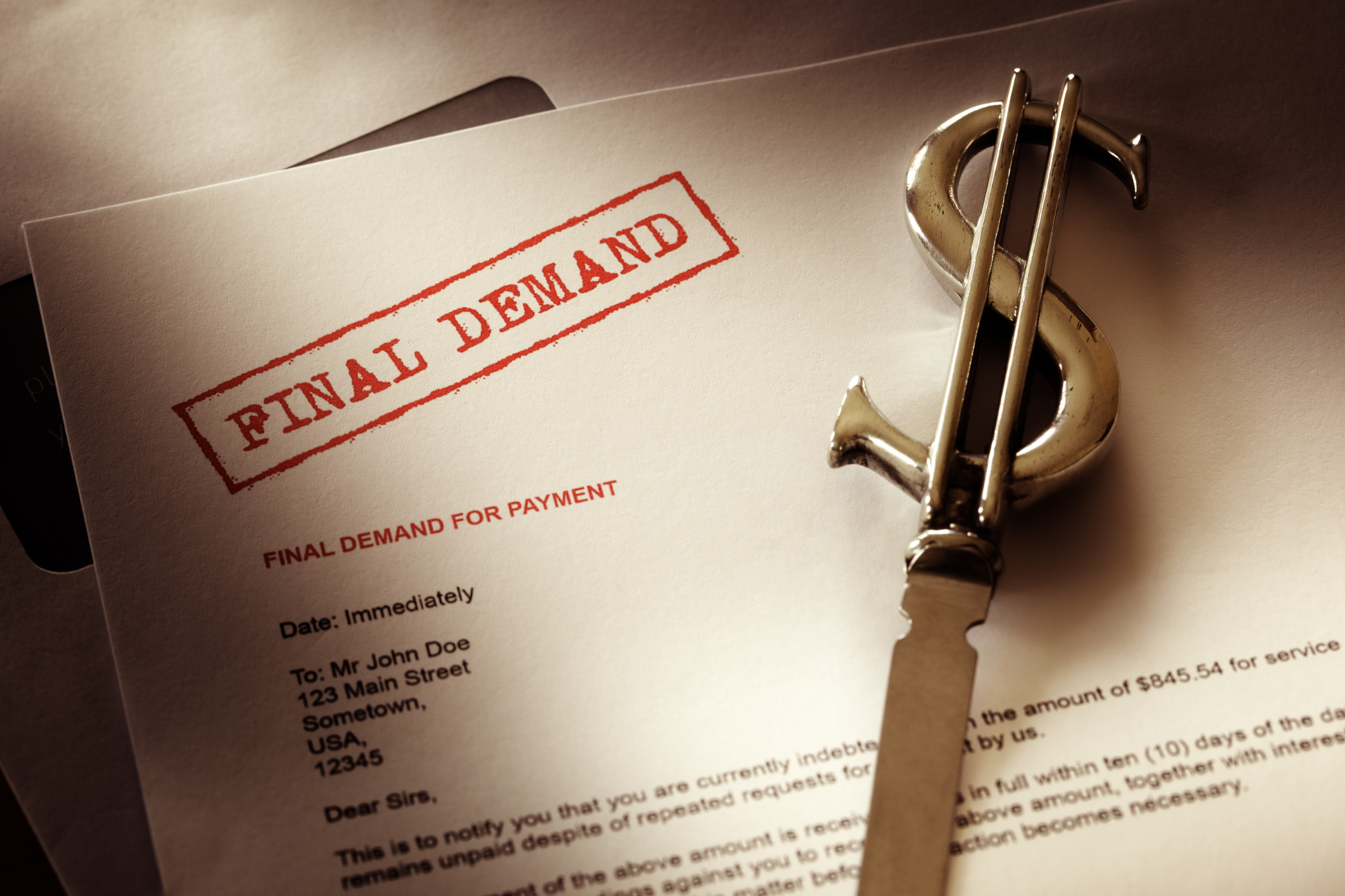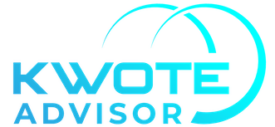
Advantages and Disadvantages of Hiring Collection Agencies?
Businesses of all sizes, from small startups to large corporations, face the unavoidable issue of dealing with unpaid debts. To address this, many turn to collection agencies. These agencies specialize in recovering debts owed by businesses or individuals, thereby helping businesses maintain healthy cash flows. However, while hiring a collection agency may have a plethora of benefits, it also has its drawbacks. Let’s delve into the advantages and disadvantages of hiring a collection agency.

Advantages of Hiring Collection Agencies
1. Professional Debt Recovery
Collection agencies possess professional expertise in debt collection, ensuring a high recovery rate. They are well-versed in the legalities surrounding debt collection and understand how to approach debtors effectively. Their experience and expertise translate into higher collection rates compared to in-house collections, maximizing the amount you can recover from delinquent accounts.
2. Legal Protection
In the U.S. and many other countries, debt collection is highly regulated. Laws such as the Fair Debt Collection Practices Act (FDCPA) protect debtors from harassment and unethical collection practices. Hiring a reputable collection agency means you are engaging professionals who understand these laws and regulations. This significantly reduces the legal risk associated with debt collection and protects your business from potential lawsuits.
3. Time and Resource Conservation
Debt collection can be a time-consuming process. Hiring a collection agency allows businesses to focus on their core operations while the agency handles the tedious task of debt collection. This saves valuable time and resources that can be better allocated towards growth and profitability.
4. Improve Cash Flow
By successfully recovering unpaid debts, collection agencies can significantly improve a company’s cash flow. Unpaid debts are essentially locked-up resources. When these are recovered, they can be reinvested into the business, fueling growth and expansion.
Disadvantages of Hiring Collection Agencies
1. Damage to Customer Relationships
Hiring a collection agency can potentially harm your relationship with customers. Collection processes can be seen as aggressive or intrusive, leading to a negative customer experience. If not managed properly, this could result in loss of future business and damage to your company’s reputation.
2. High Costs
Collection agencies charge for their services, which can either be a flat fee or a percentage of the recovered debt. The cost of hiring a collection agency can be significant, particularly if the agency charges a high percentage of the recovered amount. This reduces the overall amount recovered and can potentially eat into your bottom line.
3. No Guaranteed Results
Even with professional expertise, there’s no guarantee that a collection agency will be able to recover all outstanding debts. Some debtors may not have the financial capability to repay, or the cost of pursuing the debt may exceed the actual amount owed. This uncertainty can be a potential downside.
4. Potential Legal Implications
While a reputable collection agency will be aware of and abide by the relevant laws, there’s always a risk of legal complications if the agency uses inappropriate tactics or misinterprets the law. This can expose your business to potential legal liabilities.

The decision to hire a collection agency should be based on a careful cost-benefit analysis. Factors like the size of the debt, the debtor’s capability to pay, and the impact on customer relationships should all be considered. It’s also essential to choose a reputable agency with a proven track record to minimize the potential risks. While hiring a collection agency has its pros and cons, when done judiciously, it can help recover unpaid debts and improve cash flow.
Key Factors to Consider When Hiring a Debt Collection Agency
For many businesses, unpaid debts can be a significant issue that negatively impacts cash flow and overall profitability. Hiring a debt collection agency can be an effective solution to recover these debts. However, not all agencies are created equal. In this article, we’ll explore key factors to consider when selecting a debt collection agency for your business.
1. Industry Experience
Collection procedures can vary significantly across different industries. For example, medical debt collection requires an understanding of healthcare laws and regulations, whereas collecting retail debts might require a different approach. Therefore, it’s essential to choose an agency with relevant industry experience. They will have a better understanding of industry-specific laws and regulations, as well as the most effective collection strategies.
2. Reputation and Reviews
The reputation of a collection agency is a vital consideration. Check their reviews and testimonials online or ask for references. Additionally, you can reach out to other businesses in your industry to inquire about their experiences with the agency. Remember, the agency will represent your business when dealing with debtors, so you want to ensure they treat individuals fairly and professionally.
3. Licensing and Insurance
Ensure that the collection agency has the required licenses to operate in all the areas where your debtors reside. Licensing requirements vary by state and country, so it’s important to verify this information. Also, make sure the agency has Errors and Omissions (E&O) insurance. This type of insurance protects businesses from potential claims resulting from errors or negligence in the collection process.
4. Collection Tactics
Debt collection is heavily regulated to protect consumers from abusive or deceptive practices. In the United States, these practices are outlined in the Fair Debt Collection Practices Act (FDCPA). Therefore, it’s crucial to understand the collection tactics used by the agency. Ask about their methods of communication, how often they contact debtors, and how they handle disputes. An agency employing aggressive or illegal tactics can harm your reputation and expose you to legal risk.
5. Success Rate and Recovery Strategy
Investigate the agency’s success rate in collecting debts and the strategies they use. While no agency can guarantee a 100% recovery rate, a successful agency should be able to demonstrate a strong track record. Ask about their strategies for different types of debts – some might be more successful with larger debts or business debts than with smaller consumer debts.
6. Pricing Structure
Different agencies have different pricing models. Some charge a flat fee, while others take a percentage of the recovered debt. Be clear on the agency’s pricing structure before hiring them. Also, understand what services are included in the fees and whether any additional costs may arise during the collection process.
7. Reporting and Communication
Transparency is key in a collection agency relationship. A reputable agency should provide regular updates on their efforts to recover your debts. They should offer detailed reporting, including the status of each account, the strategies they’ve implemented, and the results. Regular communication ensures you are kept in the loop and can monitor the agency’s performance.
8. Member of a Professional Association
Being a member of a professional association, such as the American Collectors Association (ACA) International, often indicates that the agency adheres to a code of conduct and high professional standards. These agencies are more likely to be aware of current laws and best practices in debt collection.

Choosing the right debt collection agency is a crucial business decision that can significantly impact your cash flow and business reputation. It requires careful consideration of several factors, including the agency’s experience, reputation, licensing, tactics, success rate, pricing, and communication. By considering these elements, you can select an agency that best fits your business needs and enhances your chances of successfully recovering unpaid debts.
